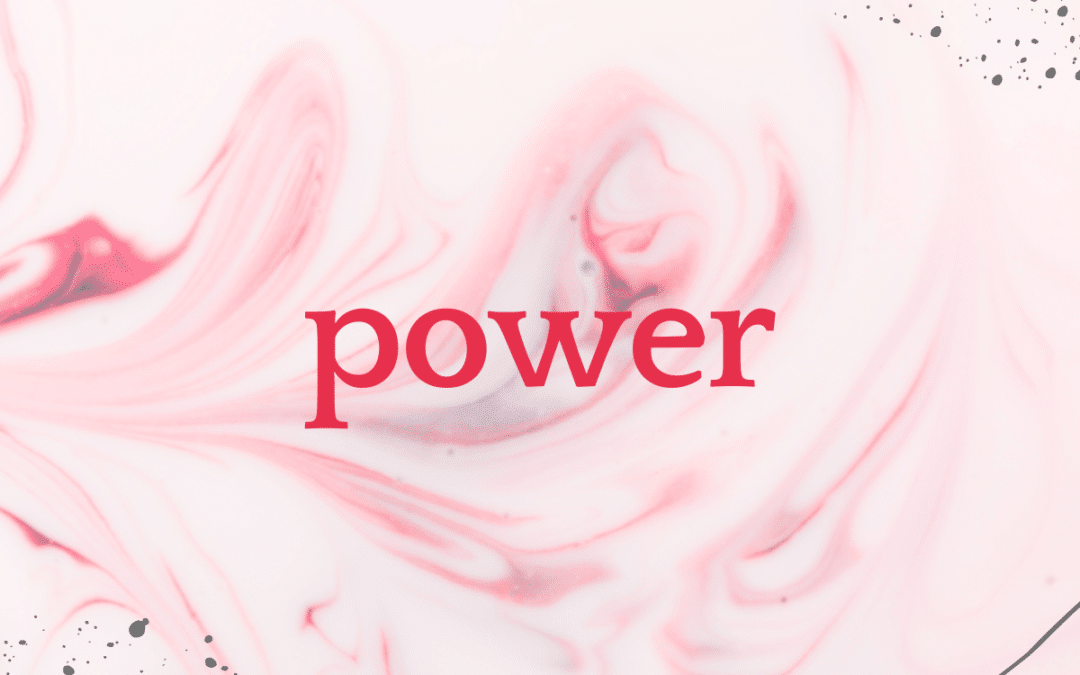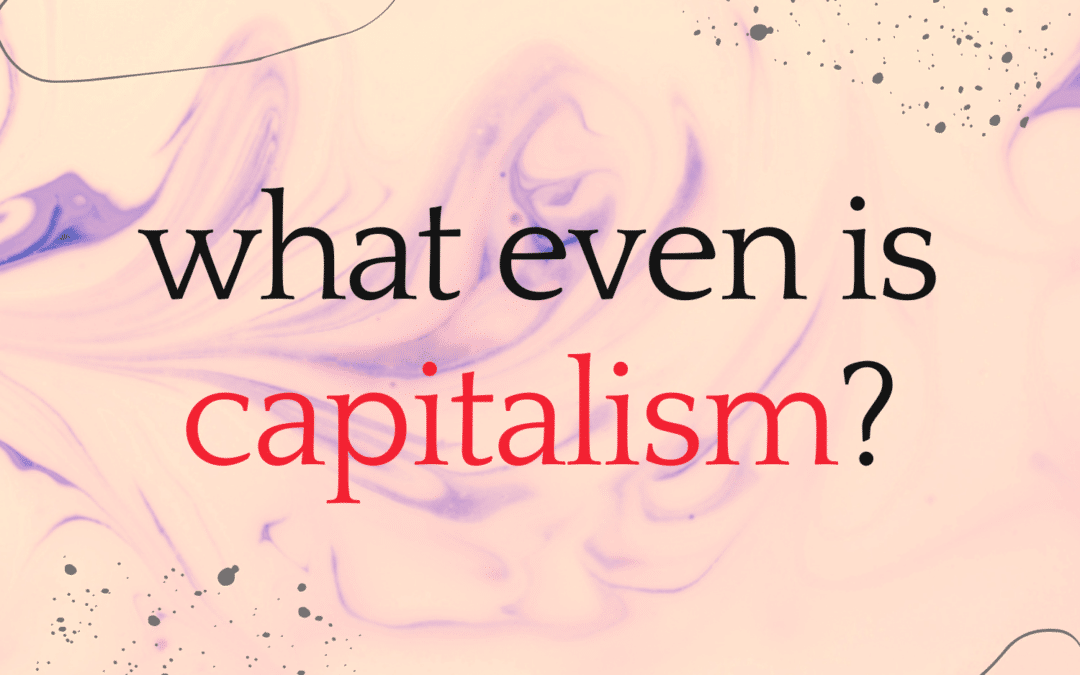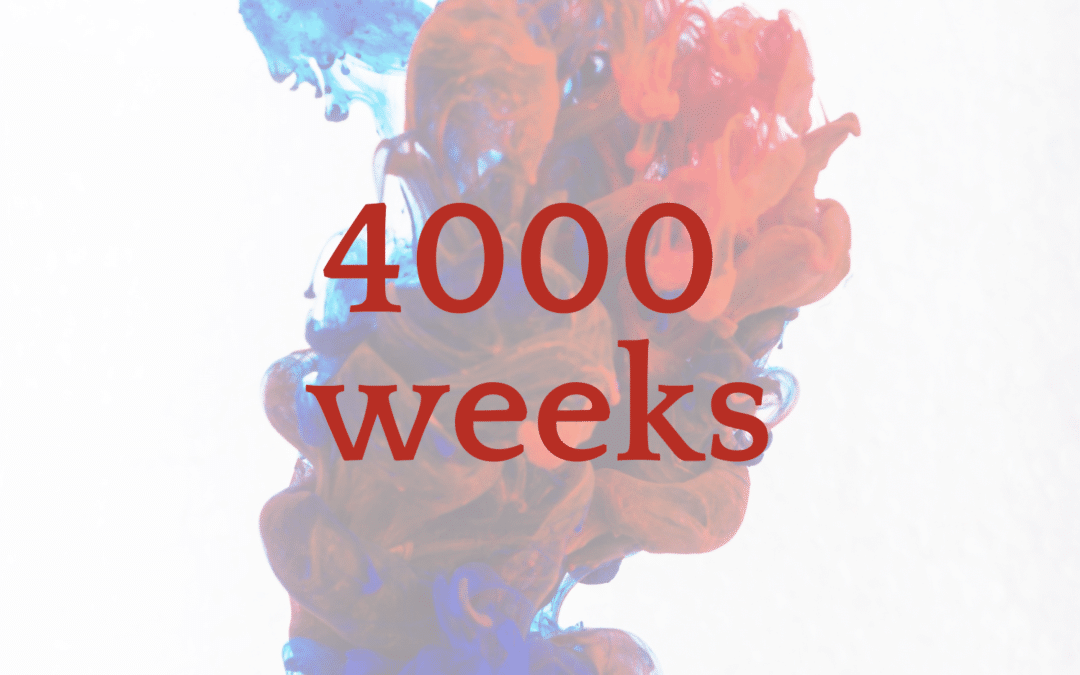
You Are Not The Problem
We live in a world that individualises and otherises systemic problems.
You’re exhausted from working 40+ hours a week, maintaining relationships, cleaning the house, feeding the kids, walking the dog, starting a side hustle or leaning into creative pursuits? Culture will say that’s you, and you should work on your wellness routine to improve resiliency.
You’re overwhelmed by the state of the world? Show up for protests or community events but can’t help but feel anxious and low key terrified of climate change? Can’t face another day in the news? Yep, culture says another you problem. You gotta learn better boundaries, or you know, maybe care a little less because you can’t fix everything.
Caught in cycles of perfectionism? Feeling never good enough? Thinking everyone’s soon going to catch on to the fact you don’t know anything and have totally winged your way into this role and OMG #impostersyndrome? That can’t have anything to do with a culture that sells us scarcity and leverages shame for patriarchal power!
(Don’t even get me started on topics like climate change or asylum seeking policies…. individualising and otherising systemic problems is political gaslighting 101)
Now, don’t get me wrong: looking inward is necessary and important, and perfectionism/self-shaming does have roots in trauma, personality & family dynamics.
My message isn’t to just blame culture, lay back powerless and say “ahh, yes, the problem isn’t here, it’s over there, nothing I can do!”.
It’s to say that our power lays in learning to look both inward AND outward.
To build our sense of agency and resiliency, to know, care & love ourselves, but also to recognise that we’re all products of a toxic system.
And when we learn that the problem isn’t us, it’s culture, it gives us a wider sphere to work from.
it gives us agency, and the power to hand back the stories that keep us stuck.
To stop our endless quest to ‘fix’ ourselves, and instead unlearn all the ways the world has said you are not enough, or your actions can’t make a difference.
Our job as Changemakers is to see the water we live in, so that we can transform it.
To become free enough to reimagine it.
Powerful enough that we dare to create it.
Trusting of our intuition and body-knowing to follow our next best step.
Are you ready?
We live in a world that individualises and otherises systemic problems.
You’re exhausted from working 40+ hours a week, maintaining relationships, cleaning the house, feeding the kids, walking the dog, starting a side hustle or leaning into creative pursuits? Culture will say that’s you, and you should work on your wellness routine to improve resiliency.
You’re overwhelmed by the state of the world? Show up for protests or community events but can’t help but feel anxious and low key terrified of climate change? Can’t face another day in the news? Yep, culture says another you problem. You gotta learn better boundaries, or you know, maybe care a little less because you can’t fix everything.
Caught in cycles of perfectionism? Feeling never good enough? Thinking everyone’s soon going to catch on to the fact you don’t know anything and have totally winged your way into this role and OMG #impostersyndrome? That can’t have anything to do with a culture that sells us scarcity and leverages shame for patriarchal power!
(Don’t even get me started on topics like climate change or asylum seeking policies…. individualising and otherising systemic problems is political gaslighting 101)
Now, don’t get me wrong: looking inward is necessary and important, and perfectionism/self-shaming does have roots in trauma, personality & family dynamics.
My message isn’t to just blame culture, lay back powerless and say “ahh, yes, the problem isn’t here, it’s over there, nothing I can do!”.
It’s to say that our power lays in learning to look both inward AND outward.
To build our sense of agency and resiliency, to know, care & love ourselves, but also to recognise that we’re all products of a toxic system.
And when we learn that the problem isn’t us, it’s culture, it gives us a wider sphere to work from.
it gives us agency, and the power to hand back the stories that keep us stuck.
To stop our endless quest to ‘fix’ ourselves, and instead unlearn all the ways the world has said you are not enough, or your actions can’t make a difference.
Our job as Changemakers is to see the water we live in, so that we can transform it.
To become free enough to reimagine it.
Powerful enough that we dare to create it.
Trusting of our intuition and body-knowing to follow our next best step.
Are you ready?






